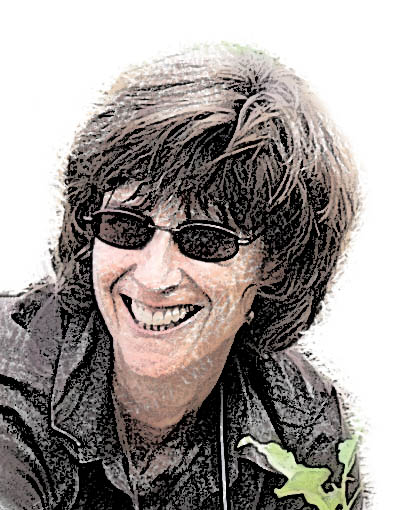 World Bank’s vice president for sustainable development sets her sights on a green future.
World Bank’s vice president for sustainable development sets her sights on a green future.
Global beginnings
I grew up in Walnut Creek. I had a fantastic Spanish teacher in eighth grade, and went on in high school to study French and German in addition to Spanish. The summer after my junior year, I went as an exchange student to Switzerland and fell in love with Europe.
Inspired by a professor
I chose to go to UC Davis because it offered an undergraduate major in international relations. The first year, I took some economics courses because they were required, but I didn’t love them. The next year, I took “International Economics” with Professor Peter Lindert, got really excited about economics, and added it as a major. He was one of the best professors I ever had, and I spent many hours in his office discussing issues of international trade and finance.
Economics abroad
The summer between my sophomore and junior years, I traveled around Europe with my roommate, and then we both did a study abroad program at the Institute of Economic Studies at the University of Brussels. When I got back to Davis, I started working for Dr. Lindert, grading exams and student homework. When it came time to think about graduate school, he advised that I go to the Woodrow Wilson School at Princeton University because it had a policy-oriented economics program, and that’s what really interested me.
Real-world learning
After my first year at Princeton, I was selected for a paid internship with the U.S. State Department in Niger. I took fall semester off and traveled the African continent by myself. By the time I returned to school for spring semester, I knew I wanted a career in development work.
A career out of Africa
That summer, I took a job with the U.S. Agency for International Development (USAID) in the Senegal River Basin, living for six months in Mali, Mauritania, and Senegal. I returned to finish my master’s degree, then Princeton invited me to join the faculty as part of a research program on risk in agriculture in Senegal. After that assignment, I moved to Washington, D.C., and worked for two consulting firms on USAID projects related to food and agricultural policy in Africa. I spent the better part of those two years working in some of the poorest countries in Africa.
Investing in green growth
I eventually decided that the World Bank was the place where I could have the most impact in development work. I applied and was accepted to the bank’s Young Professional program. For 15 years, I worked mostly on agriculture in the Middle East and North Africa and the Europe and Central Asia units. I was then promoted to director, where I assumed responsibilities for environment and natural resources and social development in addition to agriculture. I subsequently moved to the Latin America and Caribbean region, where my department was expanded to also cover water, urban development, disaster risk management, transport, digital development, energy, and extractives. My uniting theme for these disparate topics was “sustainable development” (or green growth), and this has stayed with me to this day.
As vice president for sustainable development, I have the largest climate program of any development bank — I still work on agriculture (reforming the global food system), and cover climate-smart cities, disaster risk management, inclusion and citizen engagement, water supply and sanitation, environment and natural resources, oceans, plastics, and related topics.
“There is no greater priority than to ensure safe stewardship of our planet. We cannot build human capital or improve standards of living if we don’t have adequate clean air and water, healthy soil and pollinators for crop production, forests and oceans to absorb carbon and provide food, fuel, and other resources.
“We cannot build a more prosperous world if we continue to steadily increase greenhouse gas emissions. If every student graduating from UC Davis were committed to these ideals, I’m confident the world would be a better place.” — Laura Tuck
Related story
Global Poverty Fighters: Economics Alumni Help Chart the Course of the World Bank, College of Letters and Science Magazine, Fall 2019
